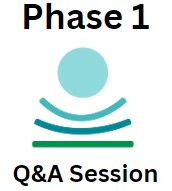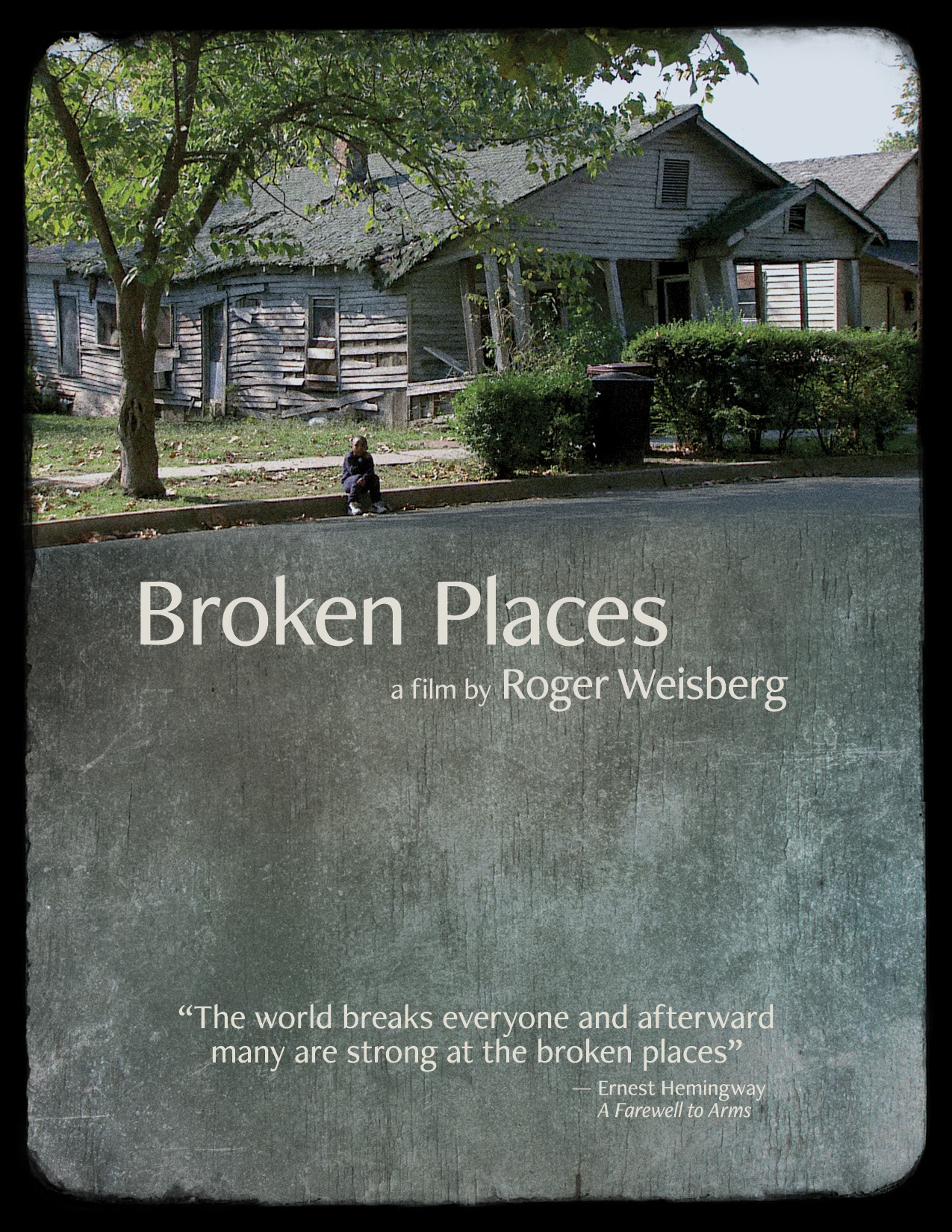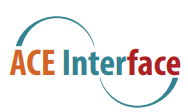Home/More Resilient Minnesota Events
Calendar navigation tips
- You can choose either “grid” view (displays events as a calendar) or “list” view (displays events as a list) to see upcoming events.
- Click on the event on the calendar or list to view additional details and find a registration link.
- When you open an event on the calendar, use the close button or the “return to schedule” link to return to the schedule (if you click the back button, you will return to the main More Resilient Minnesota page.
- You can click on the key/color category to find events that are specific to those audiences.
Events in January 2025
-
January 16, 2025 (1 event)
–
January 16, 2025
Intended Audience:
Collaborative Coordinators
Description:
At this annual meeting, we will be sharing information about Collaboratives and More Resilient Minnesota. There will also be some other state updates.
Register Here
-
January 23, 2025 (1 event)
–
January 23, 2025
Intended Audience:
Collaborative Coordinators
Description:
This 45-minute Phase 1 session is designed for Collaborative Coordinators participating in More Resilient Minnesota who would like to learn more about the planning steps for scheduling and hosting Understanding ACEs: Building Self-Healing Communities presentations (Presentations) in their Collaboratives’ communities.
Through More Resilient Minnesota, Collaboratives are eligible to host up to 5 Presentations at NO COST. These Presentations can be offered in partnership with local Collaborative partners. The coordination and scheduling do not need to be managed directly by the Collaborative Coordinator.
The 2-3-hour Presentation is designed to educate audiences about NEAR Science, which stands for Neurobiology, Epigenetics, Adverse Childhood Experiences, and Resilience. NEAR Science helps us understand how adversity and trauma impact our biology as well as the health and well-being of our communities. The Presentation offers a message of hope and introduces a process that communities have used to build their capacity to: prevent Adverse Childhood Experiences (or ACEs), support those who have experienced toxic stress, and build new cultural norms that are more inclusive, culturally-responsive, and healing-centered.
At this session, we will review:
- Purpose of the Understanding ACEs: Building Self-Healing Communities presentation
- Scheduling and planning steps for hosting a Presentation
- General Q&A
Register Here
-
January 29, 2025 (1 event)
–
January 29, 2025
Description:
This virtual discussion will be facilitated by FamilyWise staff, and will focus on some of the key themes that were highlighted in the Broken Places documentary. The Broken Places documentary explores why some children are severely impacted by early adversity while others are able to thrive. By revisiting some of the children who experienced abuse and neglect that directors profiled decades ago, they were able to dramatically illustrate how early trauma shaped their lives as adults. Broken Places interweaves these longitudinal narratives with commentary from a few nationally renowned experts to help viewers better understand the devastating impact of childhood adversity as well as the inspiring characteristics of resilience. Registered participants will receive access to view the documentary virtually a week prior to the discussion.
Register Here
-
January 30, 2025 (1 event)
–
January 30, 2025
Intended Audience:
Collaborative Coordinators
Description:
Join us for a VIRTUAL Understanding Adverse Childhood Experiences: Building Self-Healing Communities Presentation!
Addressing intergenerational and historical trauma, promoting healing and protective factors, and reducing adversity in future generations will require the involvement of many creative, collaborative, and passionate people.
The goal of the Understanding ACEs: Building Self-Healing Communities presentation is to offer a common language and understanding of core concepts from the fields of neurobiology, epigenetics, epidemiology (ACEs), and resilience research. You will also have time to discuss your ideas on how this information can be applied to your sphere of influence in your work, family life and community.
This presentation will be shared in three sections:
- Neurobiology & Epigenetics focuses on how our brains adapt to our environment during childhood & some basic concepts about related to how toxic stress can impact healthy development
- Key Findings from the Adverse Childhood Experiences (ACE) study highlights some of the data from the original ACE study
- Resilience provides a framework for thinking about resilience, and focuses primarily on attachment & belonging, supporting individual capabilities, culture, community, and spirituality as key protective systems
Questions? Contact [email protected]
Register Here